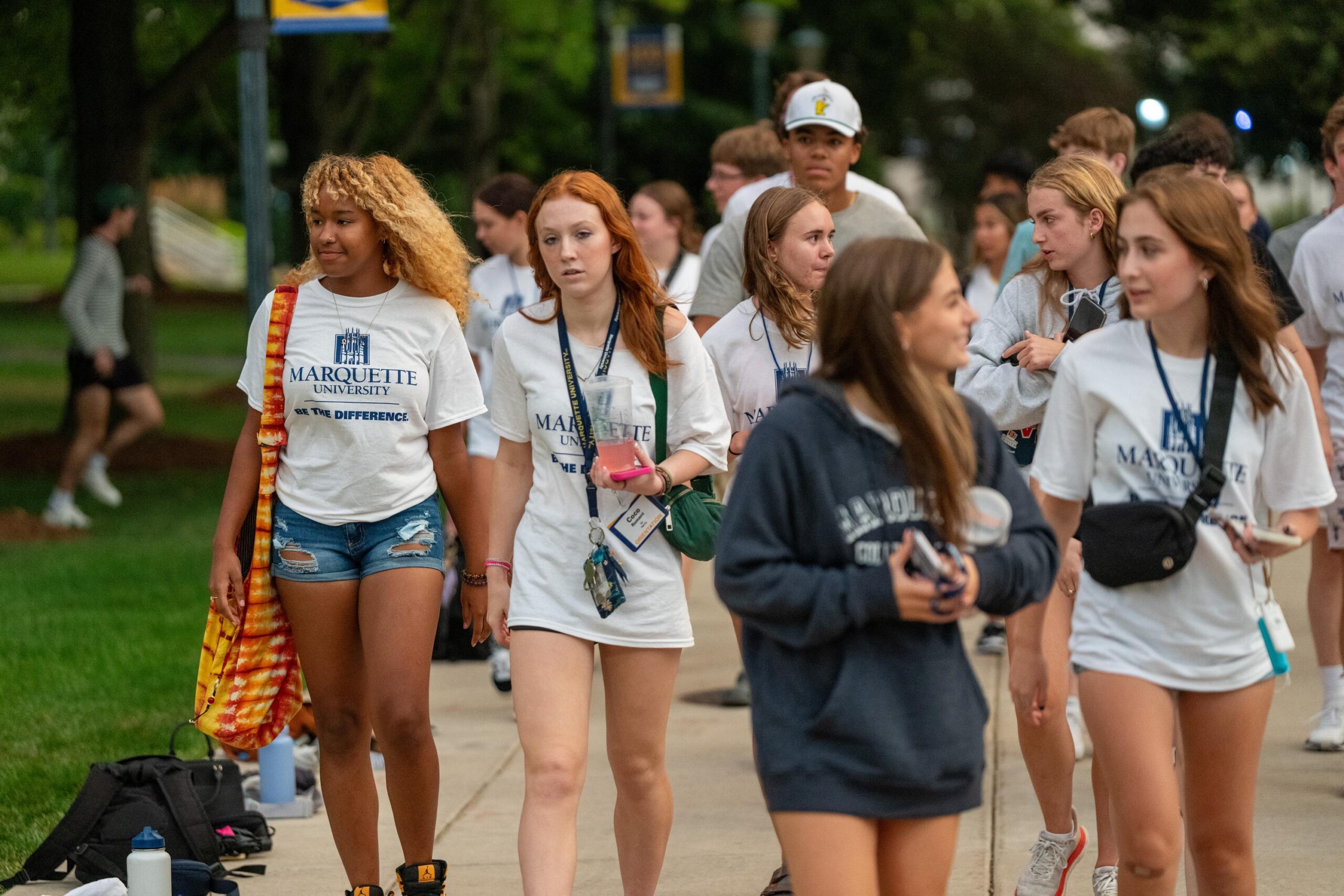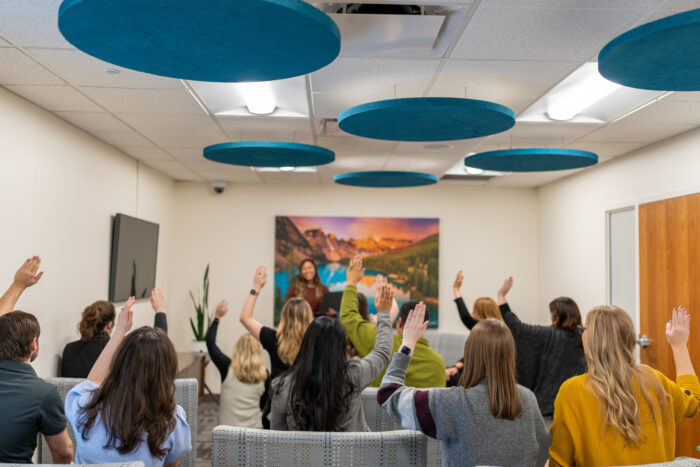The traumatic events of 2020 changed the way many view the world. First, a pandemic shook a global consciousness to its core. A few months later, the murder of George Floyd cast a too bright to ignore light on systemic racism and hatred. People ached for change.
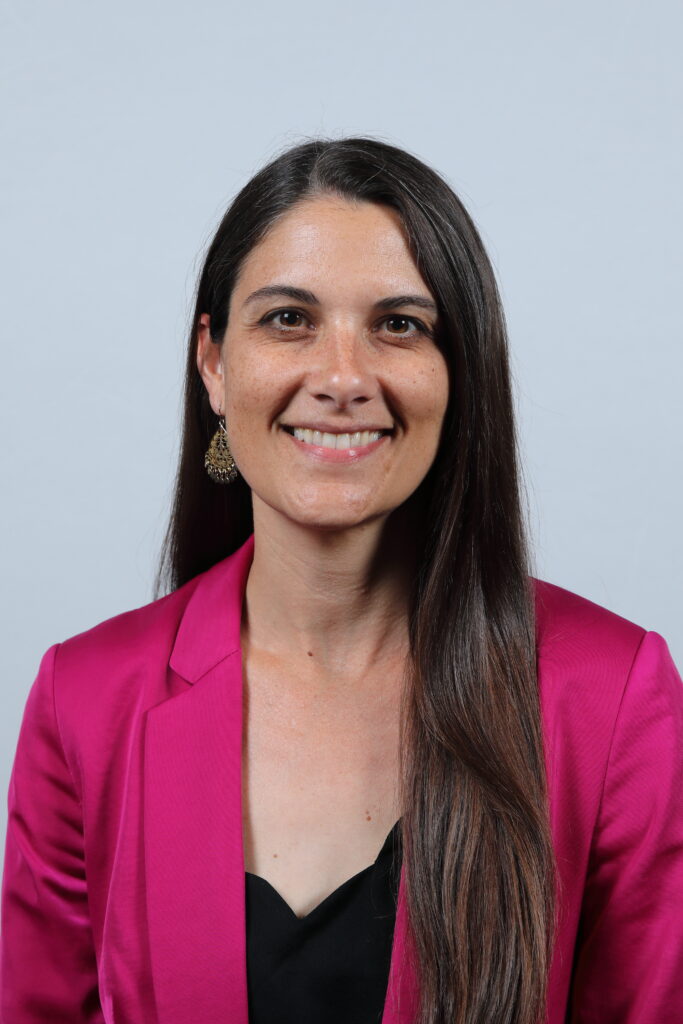
In spring 2021, Making Marquette Inclusive was born out of that desperate cry. The 10-week course, open to all Marquette employees, examines issues of diversity, equity and inclusion as they relate to day-to-day work on campus and reinforces the value of working across differences.
“There was a clamoring, particularly among white folks and others on campus on how can we better understand what’s going on? How can we be better allies? How can we support inclusive practices?” says Jacki Black, director of Hispanic initiatives and diversity and inclusion educational programming.
Through short articles, videos and a series of facilitated conversations, participants have the opportunity to demonstrate their own understanding of DEI concepts, reflect on their relevance to their own lives, apply ideas to their work and examine where more personal work needs to be done.
Katie Mertz signed up for the program in summer 2022 with a goal to deepen her understanding about race, implicit bias and microaggressions. As director of pro bono and public service at Marquette University Law School, Mertz also hoped to make her own corner of the world more inclusive for students and members of the community. She is now an MMI facilitator.
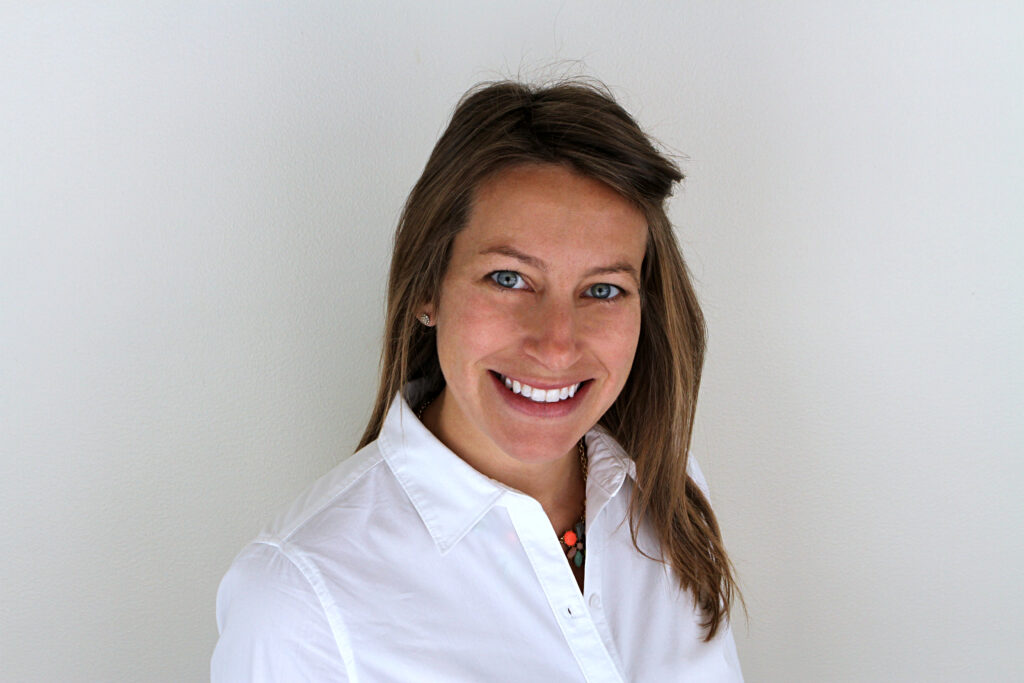
“It really made me look at all sorts of experiences and conversations I was having professionally and personally in a new way,” Mertz says. “The conversations made me recognize my own power as a white ally and think creatively about ways I could contribute to diversity, equity and inclusion on campus. It also made me think more about what the experience is like on our campus for students and staff of color.”
The program explores a new topic every week, starting with a foundational understanding around diversity, equity, inclusion and justice. The course moves into ideas such as privilege, implicit bias, microaggressions, racial justice, gender equity, and romantic and sexual orientation. Lastly, it comes together with a facilitator for a guided discussion.
As of the summer 2023, 27 cohorts of 227 participants have completed MMI.
“I’ve heard people say the experience is ‘eye opening’ and ‘life changing’ because there are aspects to their reality and the reality of the folks around them that they were unaware of. And once you’ve seen something, you can’t unsee it,” Black says.
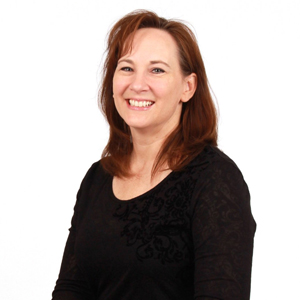
As a program participant and facilitator, Tracey Sturgal, assistant teaching professor of communication studies in the Diederich College of Communication, says MMI is vital to Marquette’s campus and hopes it strengthens relationships and develops empathy between one another.
“MMI helps our faculty and staff develop a deeper understanding of various aspects of cultural diversity and inclusivity,” Sturgal says. “I am hopeful that this training will ultimately enrich the education experience for all of our students and foster a positive impact beyond the Marquette community.”
According to post-program survey data, participants indicate a greater knowledge about ways to counteract the effects of implicit bias, with 43% self-reporting knowledge in this area in the pre-survey vs. 95% in the post-survey. Ninety-three percent of respondents indicated they now felt better equipped to engage in the work that makes Marquette a more inclusive place.
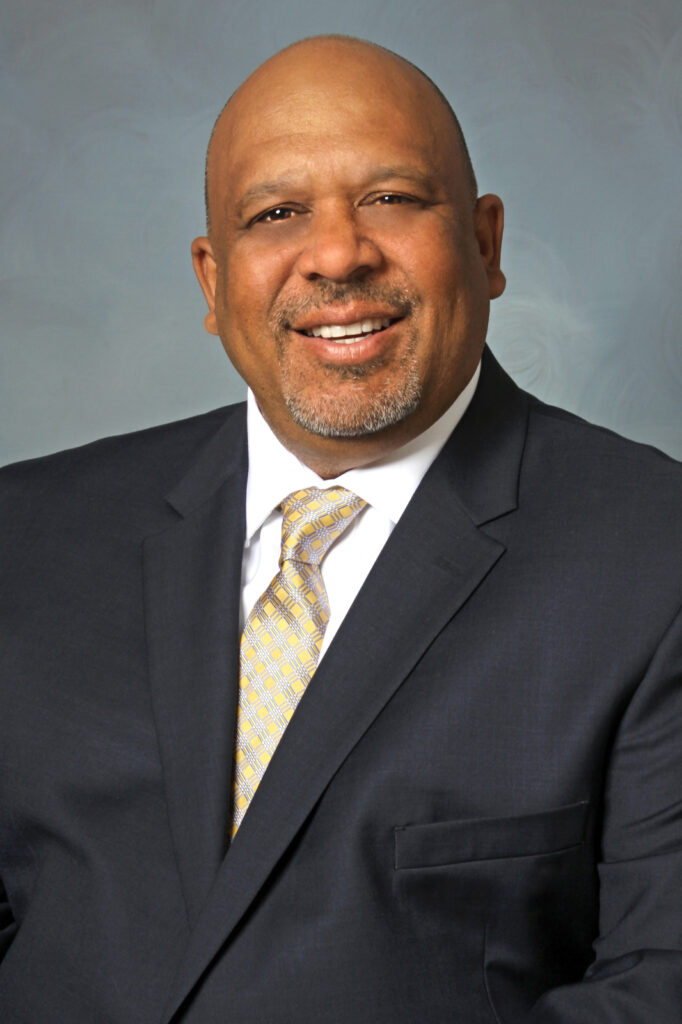
“Making Marquette Inclusive is rooted in the Ignatian practice of reflection, a foundational value of a Jesuit education,” said Provost Kimo Ah Yun, who participated in a MMI cohort. “I and other university leaders, including President Lovell, who have taken part in the program are grateful to the Office of Institutional Diversity and Inclusion and the program facilitators for providing this mission-oriented opportunity for our campus community to have challenging conversations that cause us to reflect and connect more deeply with one another.”
Sturgal says working toward justice in our society is not just about checking a box that you completed a training; rather, it’s a continuous journey of learning and unlearning.
“MMI empowers each person to challenge biases, assumptions and stereotypes,” she says. “I believe that the more participants we have, the more compassionate and empathetic the Marquette community becomes. Doing the work to truly understand and connect with each other allows everyone in our community to feel valued, respected and supported.”
Registration is now open for the Making Marquette Inclusive discussion series. The priority deadline to register is Friday, Sept. 1. For those who have already completed MMI, a 2.0 version will also be offered this fall, extending the learning themes and taking participants from reflection to action. Advanced registration is also required and available online.
For more learning opportunities or to become an advocate in the fight against racism and inequality, visit the diversity and inclusion educational resources page.
